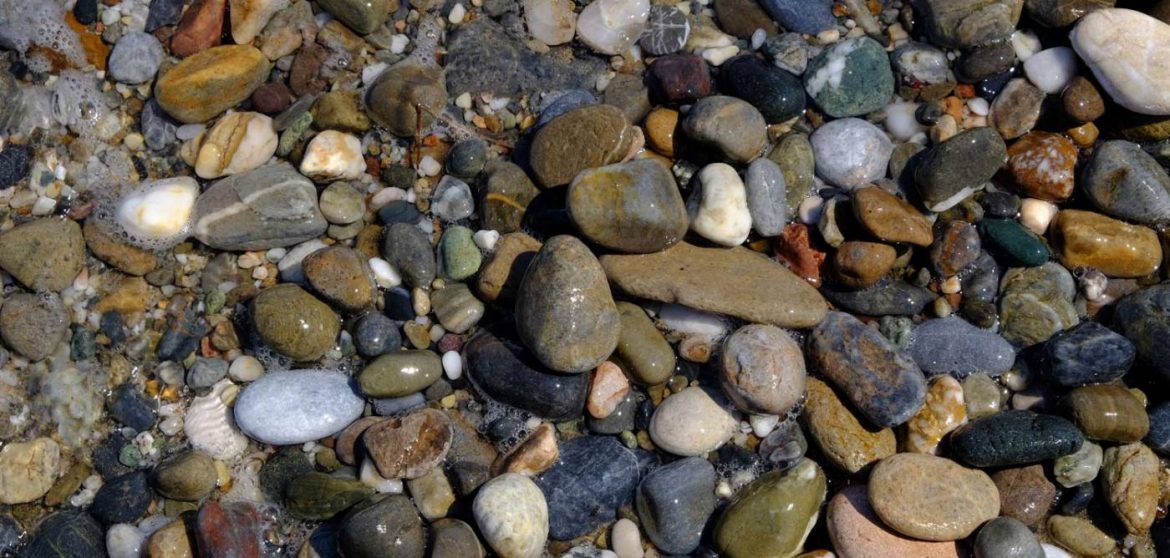When it comes to rocks, we often associate them with strength and durability. However, not all rocks are created equal. In the vast world of geology, there exists a fascinating category of rocks known for their softness. In this article, we will delve into the realm of soft rocks and unveil the softest type of rock, exploring its unique characteristics, formation process, and practical applications.
- Understanding Soft Rocks:
Soft rocks, as the name suggests, possess a lower hardness compared to other types of rocks. Hardness is measured on the Mohs scale, which ranks minerals and rocks based on their ability to resist scratching. While most rocks fall within the range of 2 to 7 on the Mohs scale, soft rocks typically have a hardness level below 2. This makes them more susceptible to erosion and weathering over time. - The Softest Type of Rock: Gypsum:
Among the various soft rocks, gypsum stands out as the softest type. Gypsum is a mineral composed of calcium sulfate dihydrate, with a chemical formula of CaSO4·2H2O. It has a Mohs hardness of 1.5 to 2, making it incredibly delicate and easily scratched by a fingernail. This unique characteristic sets gypsum apart from other rocks and minerals. - Formation of Gypsum:
Gypsum forms through the process of evaporation. When water containing dissolved calcium sulfate evaporates, the mineral precipitates and gradually accumulates over time. This can occur in environments such as shallow seas, salt pans, or even caves. The slow deposition of gypsum crystals results in its soft and fragile nature. - Practical Applications of Gypsum:
Despite its softness, gypsum has a wide range of practical applications. One of its most common uses is in the construction industry. Gypsum is widely utilized in the production of plaster, drywall, and cement. Its softness allows for easy shaping and carving, making it an ideal material for creating intricate designs and sculptures. Additionally, gypsum is used in agriculture as a soil conditioner, improving soil structure and nutrient retention. - Preservation and Challenges:
Preserving gypsum formations can be a challenge due to their delicate nature. Environmental factors such as humidity, temperature, and human interference can accelerate their deterioration. However, efforts are being made to protect and conserve gypsum formations, as they hold significant scientific and aesthetic value.
Conclusion:
Soft rocks, particularly gypsum, offer a unique perspective on the diverse world of geology. Their delicate nature and distinct properties make them intriguing subjects of study. Understanding the softest type of rock, gypsum, provides insights into its formation, practical applications, and the challenges associated with its preservation. As we continue to explore the wonders of the Earth, let us appreciate the delicate beauty that soft rocks like gypsum have to offer.


